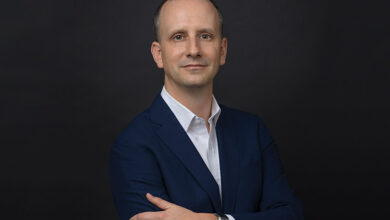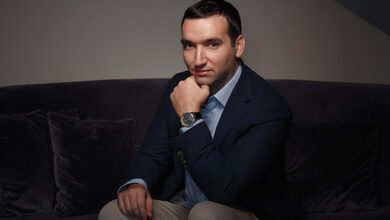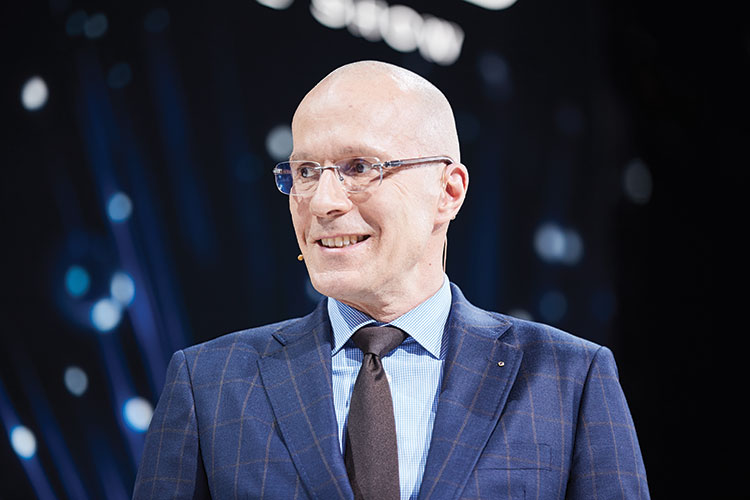
Baselworld 2020
Baselworld 2020: The past few years have seen some discontent at Baselworld, the leading industry event of the horological world.
Michel Loris-Melikoff took over as the Managing Director of Baselworld on July 1, 2018.
Since then, there have been hints of numerous important changes in the years to come, not least of which was the announcement of Baselworld and SIHH coordinating dates from 2020. Baselworld 2019 itself saw a few changes. We caught up with Michel Loris-Melikoff on his recent visit to the region to quiz him on these…
Can you first tell us what went wrong and then what steps have been taken to rectify the situation?
A lot of things went wrong; when I started, I had to consider all the points that went wrong in the past. There certainly was a bit of arrogance and not adequate consideration of all the needs of all the actors in this venture.
The pricing was a problem as was the relationship management; another was the fact that we did not consider the huge changes that took place in the industry, in a timely manner. This was the initial position when I started. Then of course comes the question as to what have we done to change the situation.
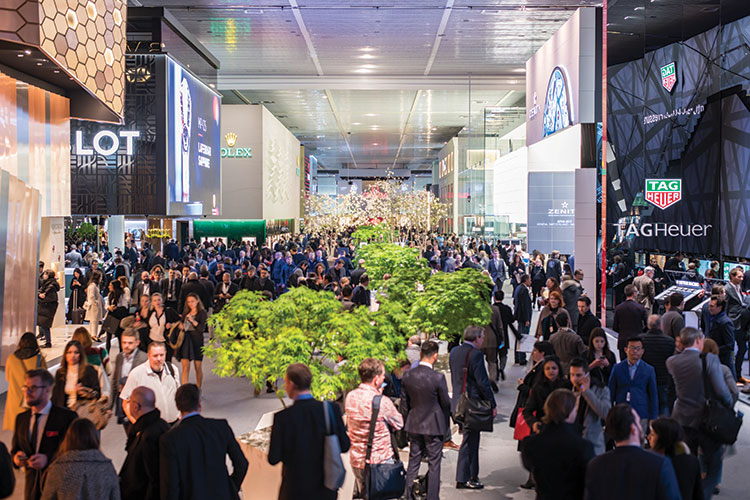
What complaints did you hear the most?
It was the pricing; I have been in this business for more than 20 years now, and it is a fact that people always complain about pricing. But here we had to take it seriously because if we consider the expenses that exhibitors have, it is not only the pricing per square meter, which represents 15 to 20 per cent of his overall cost, we also had to consider hotel costs. So, we now have several initiatives to bring down this price.
Another problem is that the construction of booths, the storing, and transportation costs, etc., is very expensive, and this represents around 50 per cent of the overall costs.
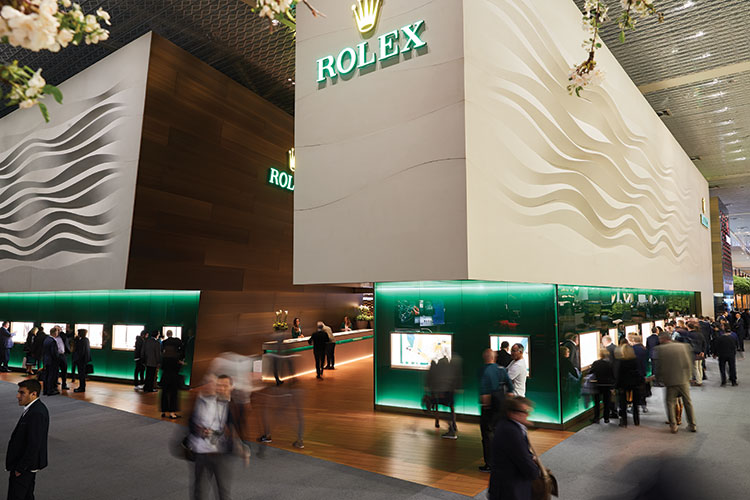
We had to think whether in the future, we needed this kind of three-storey booths. Maybe we could switch to an experiential platform that is more open, a more experiential one that could be accommodated in a two-storey or perhaps even in a one-storey booth? When you build an additional storey, it becomes very expensive.
We had to think about a new exhibition concept with less storeys, with more space on the ground floor. This gives more flexibility to the exhibitor and, importantly, for us. It also gives us more creativity; I want to have more creative booths, because finally, it also has to be eye-catching for a visitor to see new concepts and new architecture in booth construction.
Why is that Baselworld and SIHH have gone back to the older concept of having back-to-back dates?
When I started, as I said earlier, I was listening to the needs of the visitors. One of the main feedbacks I got from many journalists and retailers was that it did not make sense to come twice to Switzerland and that we should coordinate. As the feedback was clear from almost all sides, we decided to talk to each other and find a solution that makes sense for the industry.
It has to be very clear for all of us that we are not organising this show for our own pleasure, we do this because it represents a need of the industry to meet during a special period, to meet with the whole industry. It makes more sense that both events happen at a coordinated date, so that retailers, journalists, and collectors can come to Switzerland during this period.
How difficult was it to fix dates for Baselworld and SIHH, considering the fact that Basel and Geneva have a very busy events schedule?
It was a nightmare; not many people understand how difficult this was for us because you have to understand that an event like Baselworld means three months’ occupation of the venue.
For SIHH, it means two-and-half months of occupying the event site. Add to this fact that there are other shows that happen in Basel and Geneva, such as the construction show in Basel and the car show in Geneva. Then there are the other dates that are very important.
For the Christians, it is Easter; for the Swiss, it is the sports and carnival holidays in February-March. In February, you also have the Chinese New Year; in April, you have Easter and Spring holidays; then you have Ramadan, and then you have the vacation time in Japan. It is impossible to find the right date that fits everybody; such a date does not exist. You have to try to coordinate and it is really a wonder that we can coordinate between Basel and Geneva.
What are the changes that you think will have the most impact for the exhibition?
I think it is the overall pricing; the fact that we take care of all aspects of pricing – in terms of square meter, construction, hotel prices, accommodation – will have a deep impact. Also, the fact that we are converting Baselworld from a pure B2B event to a business-to-consumer community experience platform will be the biggest change. We tried to make Baselworld interesting for all participants of this ecosystem.
We are doing this not only physically during the show, but we want to do this digitally the rest of the year. This means that we want people of this community to communicate in a multi-lateral way throughout the year. It would be a digital platform like LinkedIn, where everybody can communicate to everybody else; it would be like a Tinder for the industry. This would happen 50 weeks digitally, and one or two weeks physically, in Basel or elsewhere.
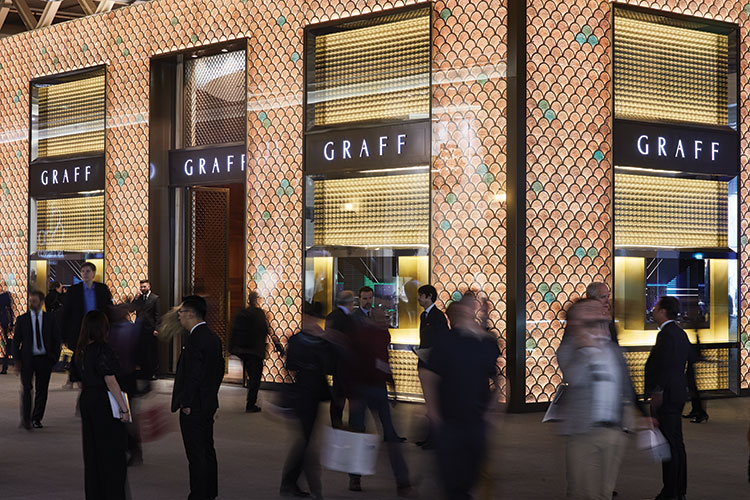
What are the plans for independent brands at Baselworld next year?





